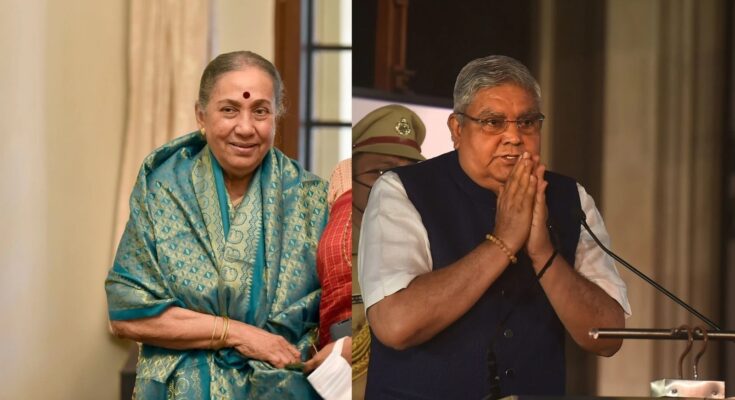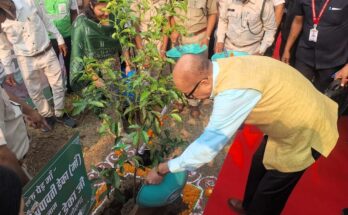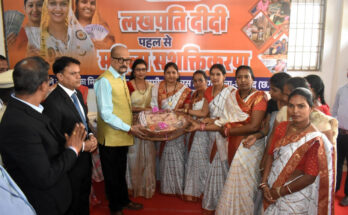Jagdeep Dhankhar : best known for his role as the former Governor of Bengal — can expect 527 votes, far higher than the 372 required to win.
New Delhi: Elections to choose the next Vice-President of India will be held today, in which NDA candidate Jagdeep Dhankar is expected to sail through with BJP support alone. Opposition’s Margaret Alva looks set to be a very distant second.
The Vice-Presidential election is underway in the Parliament House and will continue till 5 pm today. Results are likely later in the evening. Prime Minister Narendra cast his vote just as the polling booth opened.
Jagdeep Dhankhar — best known for his role as the former Governor of Bengal — can expect 527 votes, far higher than the 372 required to win. Altogether it could be 70 per cent of the total votes, two per cent more than M Venkaiah Naidu received.
The Electoral College comprises 780 MPs — 543 in Lok Sabha and 245 in Rajya Sabha. Leaving aside the eight vacant seats in Upper House and the 36 MPs of Trinamool Congress, which decided to abstain from voting, 744 MPs are expected to vote. The NDA has 441 MPs, including 394 of the BJP. Five nominated members are also supporting the NDA candidate.
Mr Dhankhar also has the support of several other non- NDA parties – Naveen Patnaik’s Biju Janata Dal, Jaganmohan Reddy’s YSR Congress, Mayawati’s Bahujan Samaj Party, Chandrababu Naidu’s Telugu Desam Party, Akali Dal and the Eknath Shinde faction of the Shiv Sena. Together, they have 81 MPs.Margaret Alva can expect 26 per cent votes (around 200). She has the support of Congress, MK Stalin’s DMK, Lalu Yadav’s Rashtriya Janata Dal, Sharad Pawar’s Nationalist Congress Party and Akhilesh Yadav’s Samajwadi Party and the Left parties.
Besides, the Jharkhand Mukti Morcha, Telangana Rashtra Samithi, Aam Aadmi Party and the nine MPs of Shiv Sena’s Uddhav Thackeray faction are supporting Ms Alva
In the last election, Opposition candidate Gopalkrishna Gandhi received 32 per cent votes. On Friday, Mr Dhankhar attended a meeting with the BJP MPs in Delhi, where a dummy voting was conducted.Under the system of proportional representation by a single transferable vote, the elector has to mark preferences against the names of the candidates.




